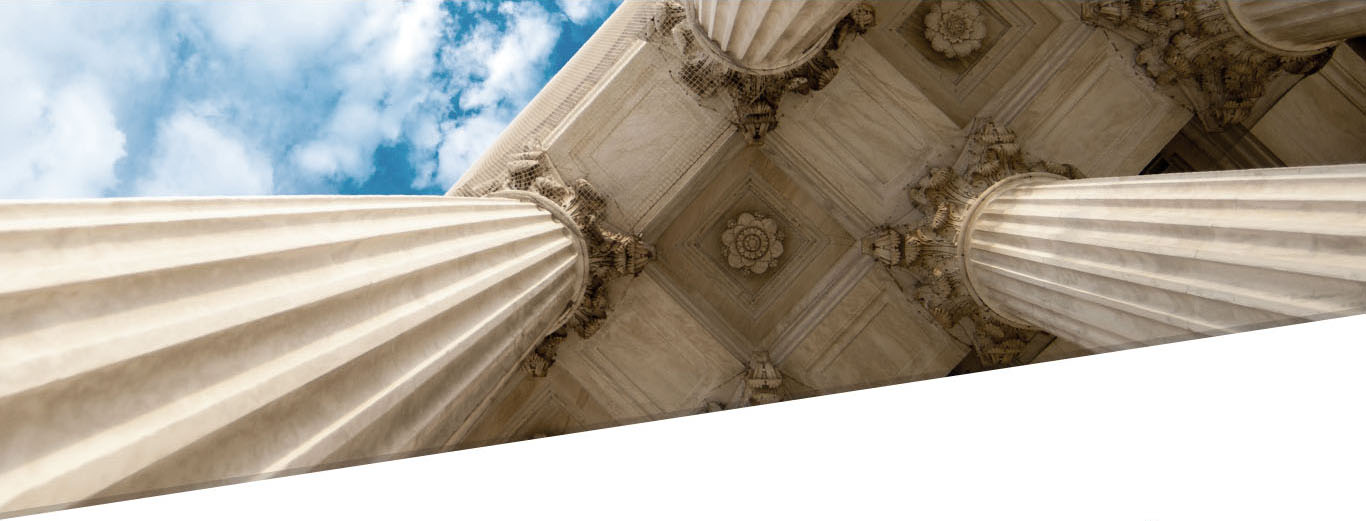The case concerned an employee of an architectural, engineering, design and consulting firm whose employer brought suit against him seeking damages for breach of contract, fiduciary duty and the implied covenant of good faith and fair dealing. The employee had allegedly been working on side projects for competitors of the firm, and he ultimately sought employment with that same competitor. The firm’s attorney sent a letter to the employee stating that he attempted theft of the firm’s confidential information, “misappropriated trade secrets,” breached the professional code of ethics and conduct, as well as his duty of loyalty.
Front, Inc. v Khalil, 19, 2015 WL 750965 [Ct App Feb. 24, 2015]
It is a Rule of Professional Conduct that communications between clients and their attorneys constitutes privilege. What about statements made to the defendant by his adversary’s lawyer before a lawsuit has been commenced? Where is the line drawn between allegations and defamation?
On February 24, 2015, the New York State Court of Appeals decided that statements made by an attorney prior to the commencement of litigation are protected by a qualified privilege and may not be grounds for a defamation action if they are pertinent to good faith anticipated litigation.
The case concerned an employee of an architectural, engineering, design and consulting firm whose employer brought suit against him seeking damages for breach of contract, fiduciary duty and the implied covenant of good faith and fair dealing. The employee had allegedly been working on side projects for competitors of the firm, and he ultimately sought employment with that same competitor. The firm’s attorney sent a letter to the employee stating that he attempted theft of the firm’s confidential information, “misappropriated trade secrets,” breached the professional code of ethics and conduct, as well as his duty of loyalty. In addition to the company’s demands, the letter also stated that the employee could be subjected to the Economic Espionage Act for “violating the terms of his [immigration] status.” The firm also made demands of its competitor.
The firm brought suit against both its former employee and its competitor for failure to comply with its demands, and later sent the same letter again to its former employee and the competitor firm.
The employee then commenced a third party action against his former employer’s attorney for libel, on the basis that the allegations in the letter were expressed as “statements of fact not based upon information and belief or otherwise qualified in any manner.”
The Court of Appeals affirmed the decision of the lower courts, holding that the letter could not be grounds for a libel action because it was a privileged document, prepared in anticipation of litigation and with statements pertinent to the pending case. The Court found that the privilege was not abused. Although the courts below held that the privilege was absolute, the Court of Appeals ruled that the letter in this case was subject to a “qualified privilege,” which could be challenged if the attorney used the communication for the purpose of harassment or intimidation.
Click here to read the court’s full decision.








